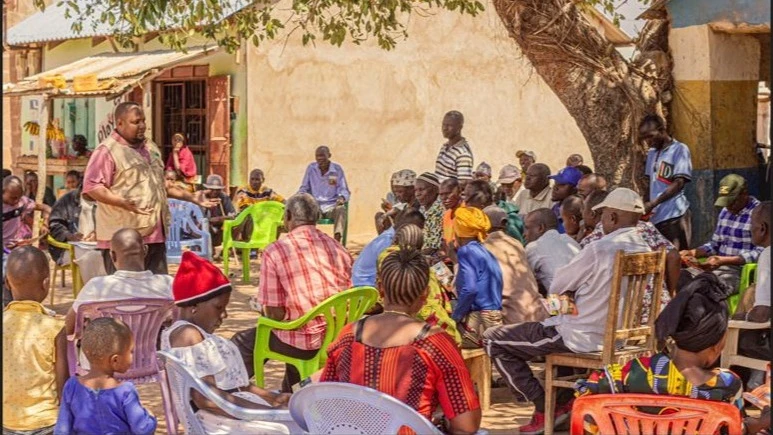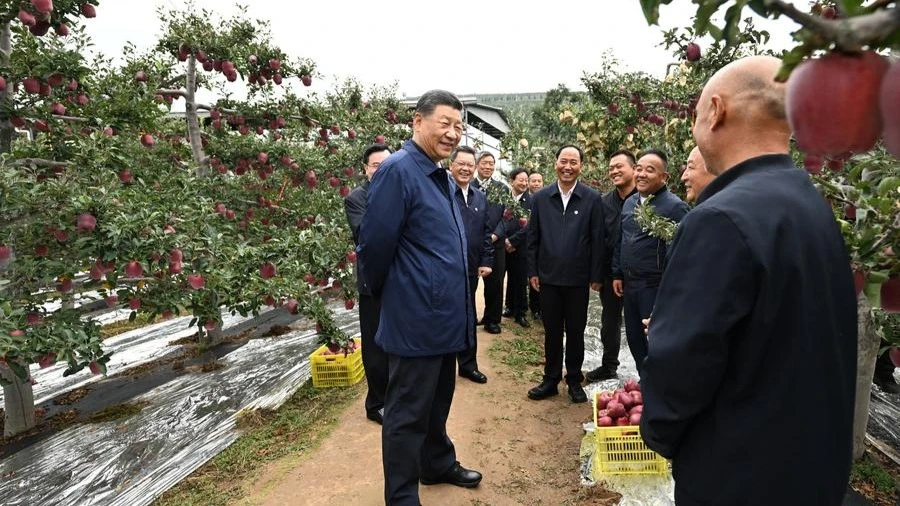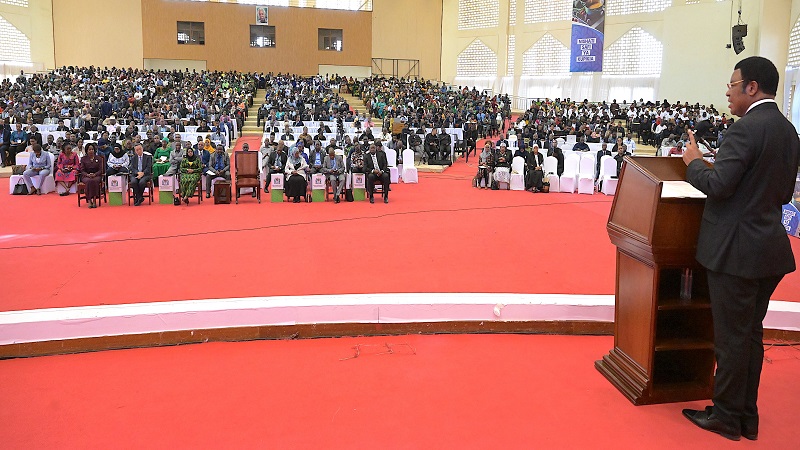Post-harvest loss project wins farmers’ accolades

SMALLHOLDER farmers in Katavi Region have hailed the execution of a new initiative aimed at addressing post-harvest loss, a challenge that has plagued them for years.
Post-harvest loss, a major issue affecting smallholder farmers in many countries including Tanzania, often leads farmers to sell their crops immediately after harvest to avoid decay.
However, with support from Sustainable Agriculture Tanzania (SAT), farmers in Katavi and other regions are now gaining essential knowledge and skills on protecting their produce both before and after harvest.
During recent visits by SAT experts and their partners to various villages, farmers expressed their gratitude for the training and support provided. This initiative includes educating farmers on effective storage materials, such as hermetic bags, which are crucial for preventing crop loss.
As part of the second phase of the Evidence-Based Scaling of Improved On-Farm Storage Among Smallholders in Tanzania project, SAT and its partners are teaching farmers new and direct methods for storing their produce, especially grains.
The Ministry of Agriculture estimates that small farmers lose between 15 percent and 40 percent of their harvests each year due to issues such as mold, mildew, pests, and rodents, which contribute to food insecurity.
The training and support from the agriculture experts are meant to help shift farmers’ attitudes toward modern grain storage techniques.
Salumu Abdullah, a farmer from Ifukutwa Village, highlighted the lack of knowledge among local farmers about proper crop storage practices. This gap has led to significant crop and financial losses. Abdullah commended SAT for initiating the project and providing valuable education on managing crop loss, noting that this will greatly enhance cereal production in his village and the region.
“For years, we have been storing our produce in regular bags and have to buy new ones frequently due to pest infestations. With the new hermetic storage bags, we no longer need to spend extra on chemicals for preservation,” Abdullah said.
Hawa Juma, another farmer, added: “Crop loss has been undermining our efforts to improve our livelihoods, as many of us rely on agriculture. We are grateful for the education on proper storage techniques, which has been very helpful.”
She said small-holder farmers are the major victims despite harvesting little in farms, they end up losing almost half of the harvests due to poor storage methods.
Ramadhan Salumu, Chairman of Ifukutwa Village in Tanganyika District, emphasized that cereal crops, particularly maize, are vital to the community.
However, the persistent issue of harvest loss has hindered their progress.
He explained that while one acre of maize should yield 18 to 23 sacks, farmers are often only getting five to seven sacks per acre due to the losses.
Sephania Waya, Tanganyika District agricultural officer, confirmed that harvest loss is a widespread issue affecting farmers and the district’s revenue.
He noted that many farmers lack adequate knowledge about effective harvesting and storage practices.
“Crop loss impacts our district’s revenue as we heavily rely on income from cereal crops. More efforts are needed to address this issue,” Waya said.
Waya highlighted the benefits of the new hermetic bags, which keep grains dry, fresh, and protected from pests and mold.
He encouraged farmers to adopt the bags as they are safe and beneficial for improving productivity.
Mohammed Nkya, assistant project manager, mentioned that the programme, which began early this year and runs until December 2026, aims to revolutionize post-harvest management and boost the incomes and livelihoods of small-scale farmers.
The initiative, which started with participatory research, is expected to greatly improve the management and handling of cereals.
Nkya emphasized that the use of hermetic storage, particularly hermetic bags, will significantly reduce post-harvest losses, enhance incomes, and improve food security.
He also stressed the importance of educating farmers on effective storage methods to prevent contamination and ensure consumer safety.
John Nindi, SAT’s communications manager, noted that the hermetic bag technology has the potential to help smallholders maintain grain quality during storage, protecting against both average and extreme losses without the need for chemical insecticides.
The project targets farmers in Rukwa, Katavi, Dodoma and Morogoro regions, promoting the use of durable storage bags that preserve crops for over two years.
The three-year project (2024-2026) is being implemented by SAT in collaboration with the University of Zurich (UZH), Sokoine University of Agriculture (SUA) and Helvetas Tanzania with support from Liechtenstein Development Service (LED).
Top Headlines
© 2024 IPPMEDIA.COM. ALL RIGHTS RESERVED

























